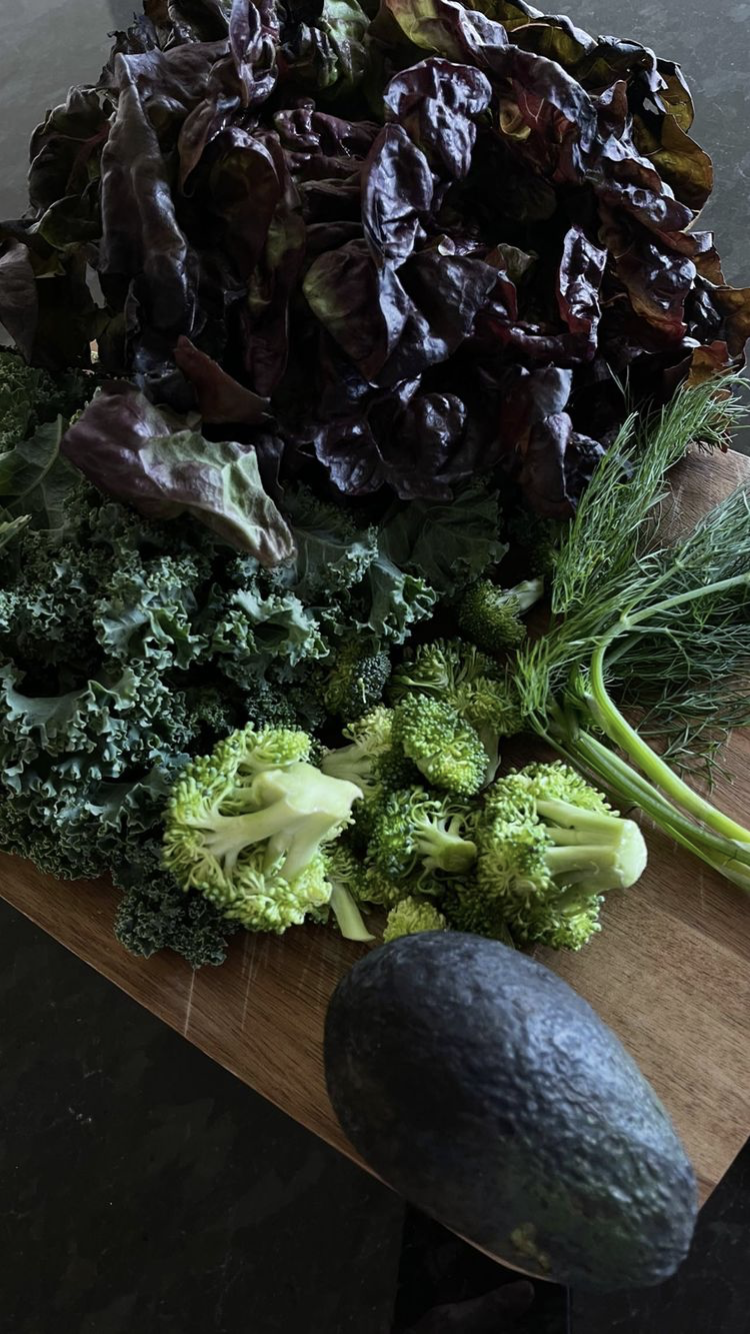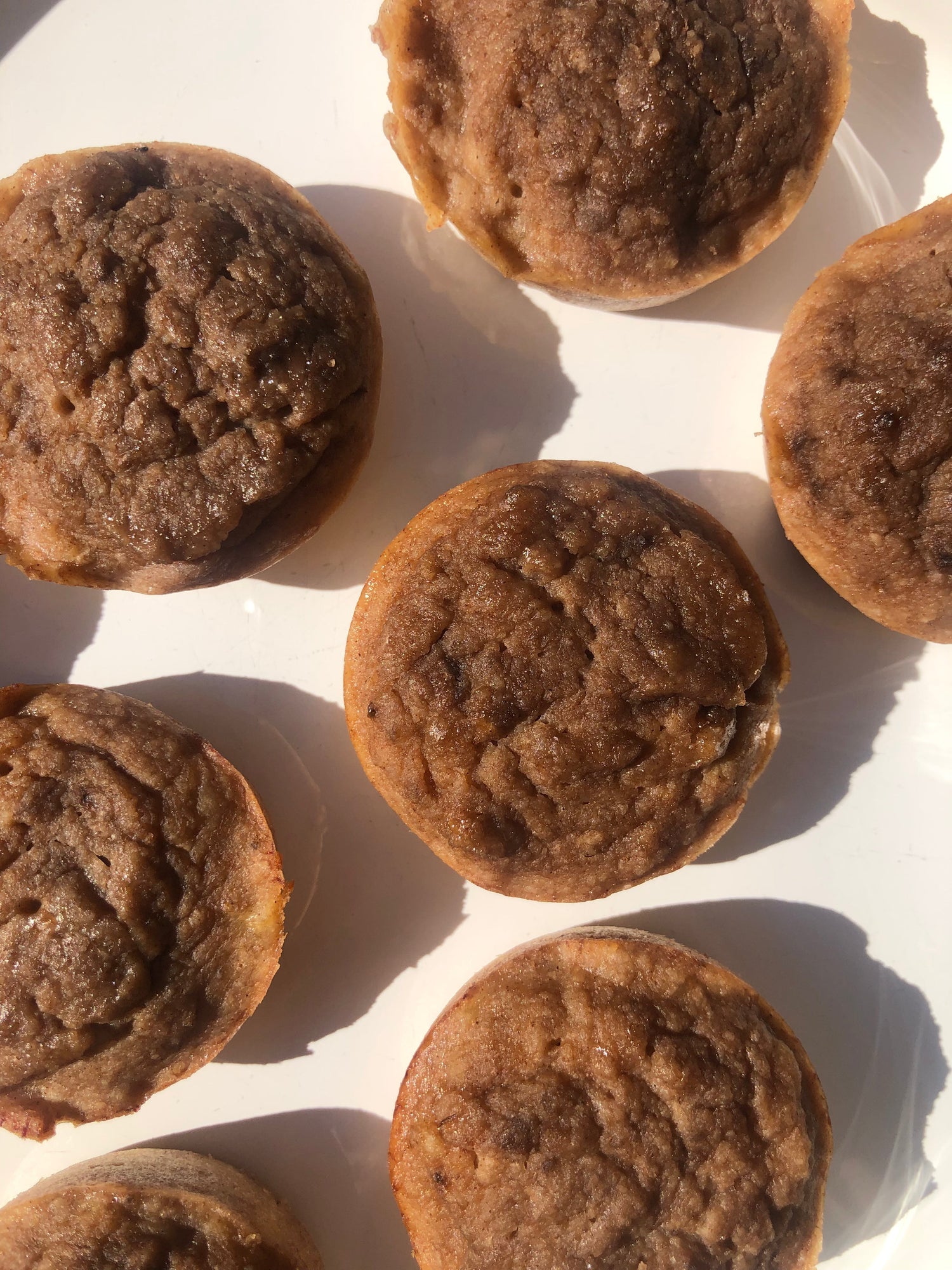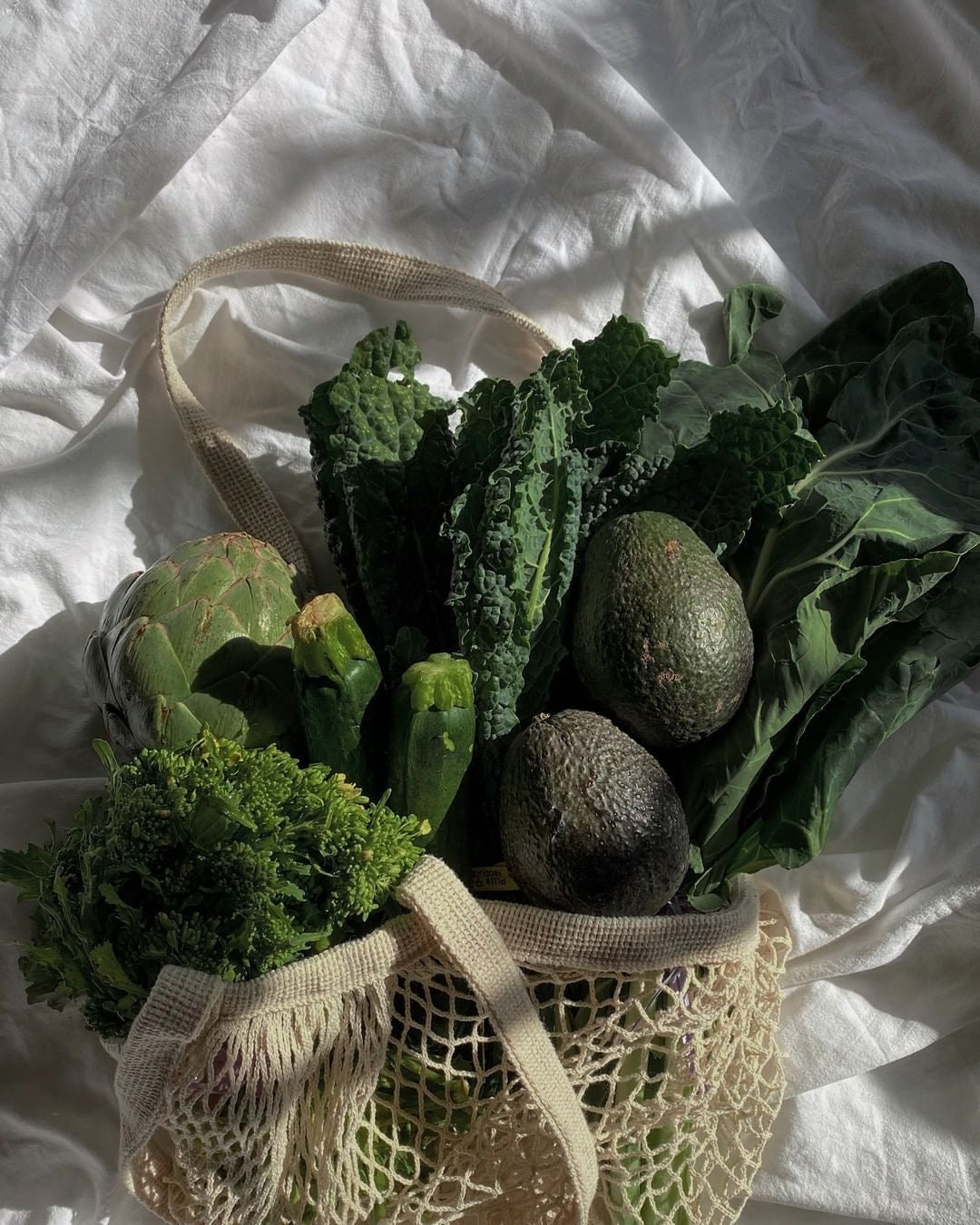A dive into the 5 foods you should avoid consuming if you bloat, and why.
Being bloated is the worst feeling in the world, especially when you deal with it chronically. And it’s even more frustrating when you can’t seem to figure out WHY you keep getting bloated in the first place!
While we know that chronic bloating generally comes from a deep root cause that needs to be discovered and addressed to truly heal your bloating, there are other small daily factors that can impact your bloat (for better, or WORSE!) throughout your day that are important to consider. These daily factors can be anything from stress, exercise, sleep, or especially what types of foods you eat. Some foods due to the amount of fiber, sugars, compounds, or processing they go through are harder for the body to digest, which if you are already prone to bloating, almost guarantees resulting in gas and bloat in your body.
To help you become more aware of how what you consume daily impacts your digestion and body, we’re diving into the 5 biggest foods you should AVOID consuming if you bloat easily.
#1. Cruciferous Veggies
Cruciferous veggies are trouble for the digestive system for multiple reasons. When we are talking about these veggies, we are referring to broccoli, cauliflower, brussels sprouts, and several others. While they are extremely nutrient-filled, they are high in fiber and contain FODMAPs, which lead to gas and cramps, particularly for those who suffer from IBS. The reason behind this is that FODMAP foods skip the digestion process and have to be fermented and broken down by the bacteria in the gut. This fermentation process leads to gas, which triggers bloat, stomach pain and cramps.
Cooking cruciferous veggies may make them easier to digest and can help minimize the bloating effect, but if you’re sensitive, we recommend steering clear all together and settling for veggies like zucchini, squash, and spinach.
#2. Artificial Sugars
As great as artificial sweeteners seem, whether it’s a zero calorie option or zero sugar, sugar alcohols like sorbitol and mannitol are hard for the body to digest. Why? These sweeteners also contain FODMAPs and artificial gunk, which doesn’t sit well with the body and again can cause gas, pain, and bloating due to the body’s inability to digest them properly.
A few better options if you’re still looking for alternatives to classic sugar are honey, stevia, and monk fruit, as these more natural sugar alternatives will digest better in the body and cause less stomach issues.
#3. Onions
Onions are one of those foods you don’t think you eat a lot of, but are actually used to season many dishes you consume daily. They are one of the only dietary sources of fructans, which are soluble fibers that cause bloating, and also contain other compounds that many people are sensitive to. Because of this, the body reacts through inflammation and bloating, giving us a sign that something doesn’t sit well with our stomach.
As an alternative, try scratching onions and instead trade them with garlic powder or other similar spices, or even get creative in the kitchen and try fresh herbs to season your meals.
#4: Beans
Beans are popularly known as a ‘gassy’ food and there’s a lot of truth behind that. As a part of the legumes family, beans are rich in fiber and also belong to the FODMAP food family, which as we’ve discussed, are known to cause gas in people when consumed, especially those who suffer from IBS. The mix of high fiber and the FODMAPs makes beans extra hard for the body to process and digest, leading to the creation of gas and bloat.
A good way to decrease the FODMAPs in beans is to soak them before eating, however for sensitive individuals, the beans may still cause bloat.
#5: Carbonated Drinks
Carbonated drinks contain high amounts of carbon dioxide, which is a gas, so it makes sense why these drinks cause problems! When we drink a carbonated drink, we swallow large amounts of this gas, which can easily get trapped in the stomach and cause increased pressure. This pressure then leads to pain, cramps, and of course, bloating.
Decreasing carbonated drinks in your diet and replacing them with water or still drinks will help reduce the chances of bloat.
Summing It Up
By becoming more aware of how food affects your body and why, it’s easier to navigate your bloating and choose your food options more wisely. As all our bodies are different, it’s so important to actually test how each of these 5 foods impact your body before deciding what you want to avoid in your diet moving forward. Try these foods for yourself and take note of how your body reacts after consuming them. From there, you can make an educated decision on what foods you may want to avoid.
If you are looking for more insight and to dig deeper into the root cause of your bloating beyond food, we created a supplement, Gut Glo, to not only help reduce bloating and provide fast relief, but also to rebuild your gut microbiome. The gut is the #1 reason many people experience chronic bloating. When our gut is inflamed and filled with bad bacteria, our whole body’s health is impacted, increasing poor digestion, triggering bloat, inducing brain fog and low energy, influencing sleep quality, and more.
If you don’t know what the root cause of your bloating is, your gut health is a good place to start. To learn more about our best-selling supplement, Gut Glo, and to begin your journey to healing your gut, click here.





